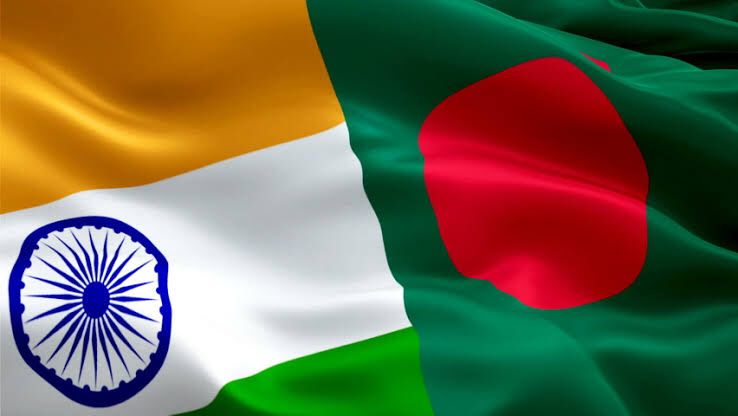
Diplomats sometimes try to convey certain messages in a passive way. Messages are impersonal.
These messages can be decoded by those who understand the language of diplomacy.
A few days ago, India’s Foreign Minister Jaishankar gave a speech,
“India is less involved in the politics of neighboring countries”
What does Jaishankar mean by this statement?
Many people can decode this statement in different ways.
A few days ago, Harshvardhan Shringla also gave a statement.
“Whatever the outcome of the election, India-Bangladesh relations will remain intact”
I saw another such statement much earlier, probably before the 2001 elections in Bangladesh. I can’t remember who gave the speech. That statement goes something like this,
“India does not support any specific party in Bangladesh”
All the statements mentioned above are diplomatic language.
When elections are imminent in Bangladesh, the dominance of such diplomatic language increases.
Is there a reason to be afraid of the rulers of any country in such statements?
Or at the same time the opposition parties of any country have reason to be happy?
In fact, through these statements, what is the policy of another country towards another country is reflected. A country informs its foreign policy based on the situation of another country.
These are normal diplomatic terms.
